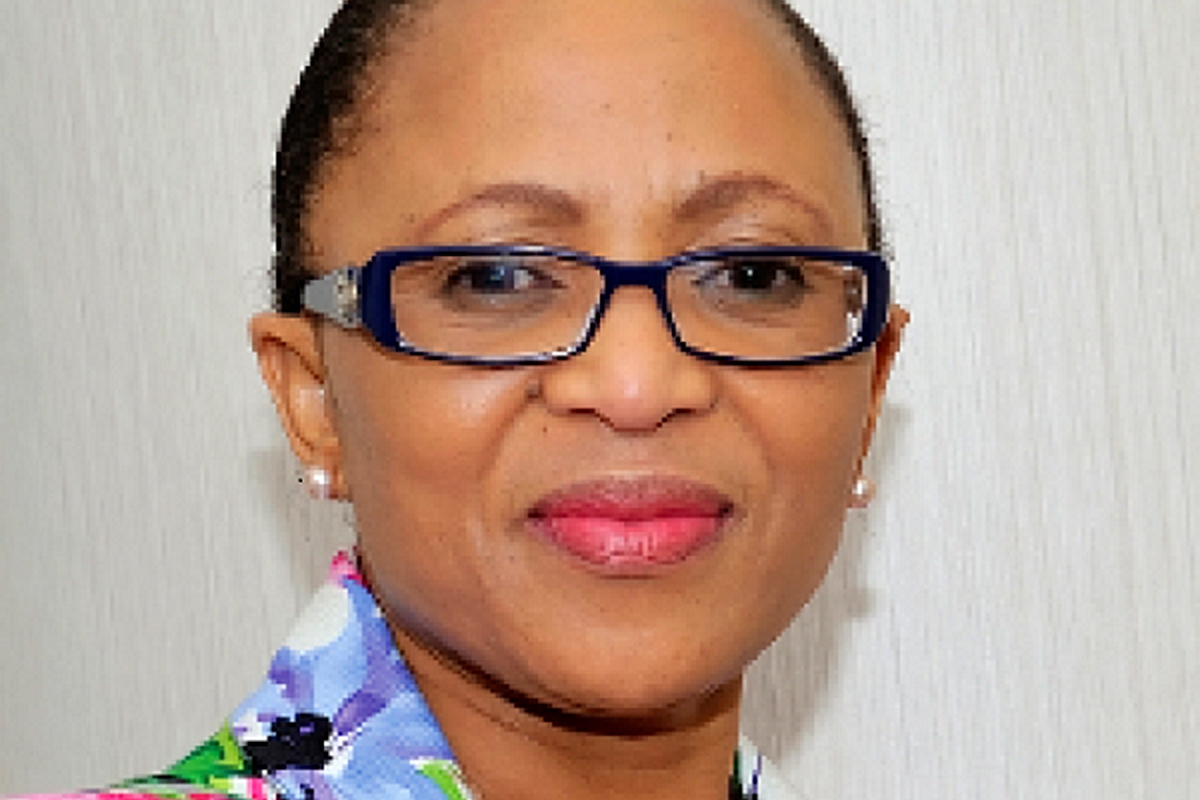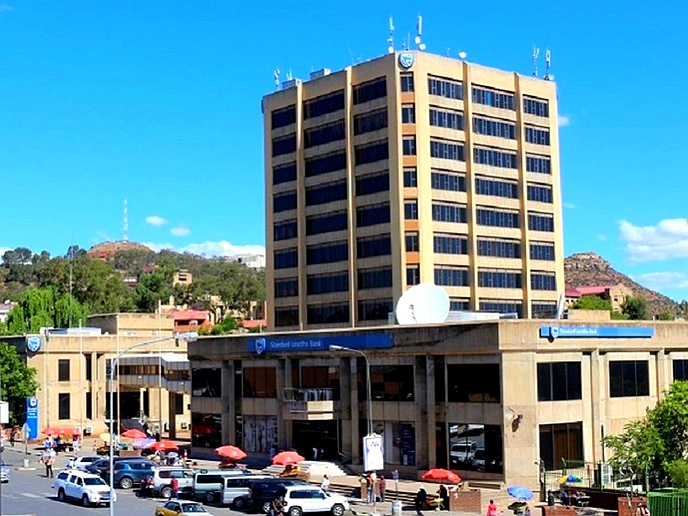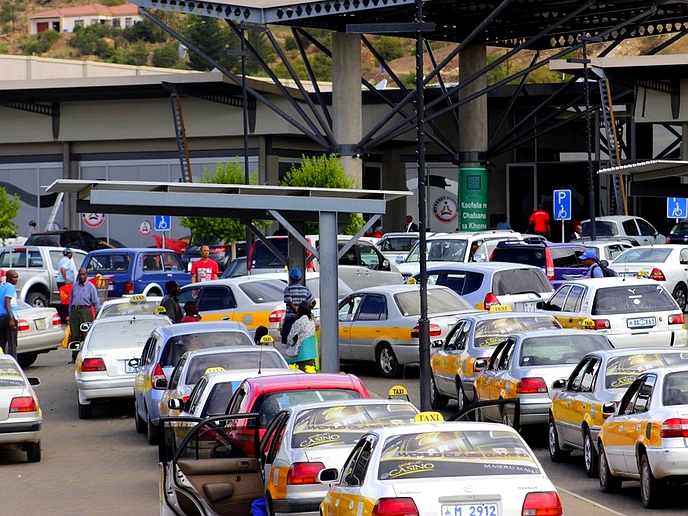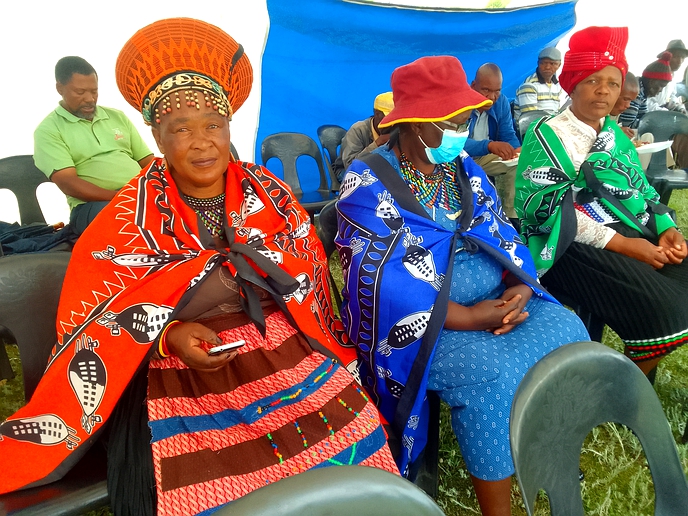THE Government is set to commit to more borrowing despite the country already running deep in debt estimated at M22.8 billion.
business
Jan. 10, 2023
NEO SENOKO
3 min read
Govt commits to more debt despite high risks

The Minister of Finance, Dr Retšelisitsoe Matlanyane
Story highlights
Foreign companies that are failing to pay taxes, large public services whose wage bill is over 50 percent as well as corruption are among some of the challenges leading the country into such huge unsustainable debts, the Minister of Finance and Development Planning, Dr Retšelisitsoe Matlanyane said.
The Minister made the revelation this week, announcing the country’s current economic and financial position.
As a result, the country’s revenue is failing to cover the obligations of the government with the expenditures completely outweighing revenue. Low capital spending coupled with high unemployment is also the main contributor to the ongoing economic struggle, leading to the large budget deficit, hence, the depletion of reserves among other things.
“Debt stock is rising too fast as compared to the growth of the economy. Within the past five years, our debt stock has grown by 64 percent. That is why the government is currently failing to pay for everything. A lot of money is being spent on the government’s daily expenditures. Very little goes towards capital or development projects. Part of that money ends up being diverted towards dealing with the previous years’ recurrent expenditure,” Dr Matlanyane said.
Out of the estimated M22.8 billion stock debt, she said external debt is around M17.7 billion while domestic debt is set at M5.1 billion.
For the 2022/23 financial year, the government is expecting to collect revenue of around M19.7 billion while the expected expenditure is estimated higher at M24.9 billion of which M18.1 billion is recurrent expenditure and only M6.8 billion is capital expenditure. Out of the M6.8 billion, only M1.8 billion is financed by government revenue.
“The situation is not good at all because even out of the M19.7 billion expected revenues, we are already anticipating a shortfall of M1.1 billion, partly because the previous government failed to pass bills such as the Alcohol and Tobacco Levy that were earmarked at adding more revenue into the government coffers,” the Minister added.
The Tobacco and Alcohol products levy Bill of 2020 would ensure that tobacco products increased by six percent annually for five years while alcohol products would be increased gradually by three percent on an annual basis for the same number of years.
The Bill empowers a vendor who sells these products to charge the levy at the rate of 30 percent for tobacco products and 15 percent for alcohol products, collect and remit the levy to the Revenue Services Lesotho (RSL). The levy is charged on consideration for the products exclusive of Value Added Tax (VAT). The person who bears the burden is the final consumer of these products.
Enjoy our daily newsletter from today
Access exclusive newsletters, along with previews of new media releases.
In March 2020, the then Minister of Finance tabled the Bill in Parliament with the aim of introducing the consumption of these products to acceptable levels.
The prevailing excessive use and abuse of these products contribute to several socio-economic hazards, which mostly affect public health in an adverse manner.
It will also normalise the price differentials that exist between Lesotho’s and the neighbouring South African towns, thereby putting the country’s economy on an equal competitive footing.
Matlanyane has therefore emphasized the importance of this Bill and others turning it into Law in order to stimulate revenue.
Between April and December last year, for instance, the country only managed to collect M11.6 billion in revenue while the recurrent expenditure was M11 billion. In the fourth quarter, the country is expecting to collect revenue to the value of M4.2 billion while the recurrent expenditure is expected at M5.3 billion.
Tailored for you






